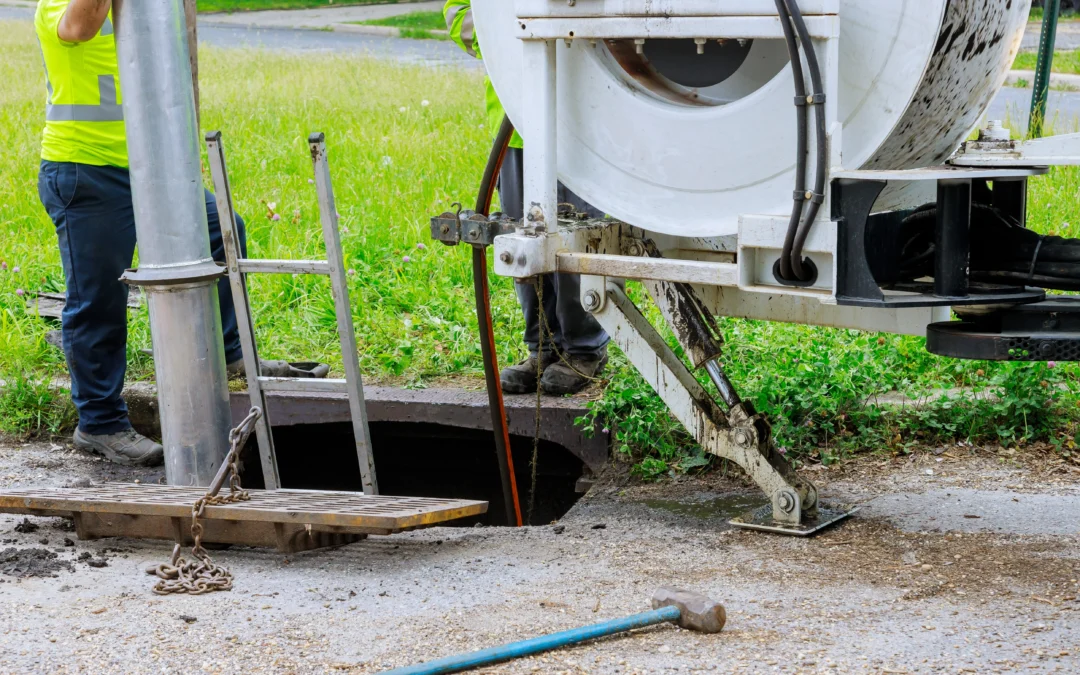Reliable and efficient drainage systems are integral to maintaining the health, safety, and well-being of both communities and the environment. Drainage pumps play a vital role in facilitating the effective management of wastewater and stormwater, preventing damage to properties, infrastructure, and the natural environment due to flooding and waterlogging. These versatile pumps come in several types, each designed to meet specific requirements and applications, ensuring that wastewater is managed effectively under a wide range of conditions.
Understanding the different types of drainage pumps, their applications, and the factors to consider when selecting a suitable pump for your needs enables property owners, facility managers, and wastewater professionals to make informed decisions regarding their drainage systems. By choosing the appropriate pump and employing best practices for installation and maintenance, you can contribute to the long-term effectiveness of your drainage infrastructure, protecting your property, community, and the environment from the potential hazards associated with improperly managed wastewater.
In this comprehensive guide, we’ll explore the various types of drainage pumps, discuss their applications in wastewater management, and outline essential selection criteria to help you choose the perfect pump for your unique requirements. This information will equip you with the knowledge needed to make well-informed decisions regarding your drainage systems, ensuring that wastewater is handled efficiently, and potential risks are mitigated.
Understanding Drainage Pumps: Types, Applications, and Selection Criteria
Types of Drainage Pumps
1. Submersible Pumps
Submersible pumps are specifically designed to operate when fully submerged in water, making them an ideal choice for handling various wastewater and drainage applications. These pumps are commonly used in residential sump pits, sewage pumping stations, and stormwater management systems. With their sealed construction, submersible pumps can handle wastewater containing solids, sludge, and other forms of debris, ensuring efficient and reliable performance in demanding conditions.
2. Centrifugal Pumps
Centrifugal pumps use the principle of centrifugal force to move water through the system. They are highly versatile and can be employed in a wide range of drainage applications, from small-scale residential dewatering to larger-scale commercial and industrial projects. Centrifugal pumps are available in various configurations, such as single-stage, multi-stage, and self-priming designs, catering to a diverse set of needs in wastewater management.
3. Diaphragm Pumps
Diaphragm pumps, also known as air-operated double diaphragm (AODD) pumps, use a reciprocating diaphragm mechanism to move water in and out of a pumping chamber. These pumps are perfect for handling wastewater containing high levels of solids, sludge, or abrasive materials, as they can efficiently pump fluids with minimal risk of clogging or damage to internal components. Diaphragm pumps are also known for their dry-running capabilities, making them suitable for intermittent drainage applications.
4. Grinder Pumps
Grinder pumps are specialised wastewater pumps designed to handle sewage containing high levels of solids by grinding the material into smaller particles before pumping. This process allows grinder pumps to handle wastewater from toilets, sinks, and other fixtures in residential, commercial, and industrial settings. They are commonly used in environments where a conventional gravity sewer system is impractical or difficult to install.
Applications of Drainage Pumps
1. Residential Dewatering
Drainage pumps play a vital role in managing excess water in residential properties, especially during heavy rainfall or flooding events. Frequently used in sump pits, these pumps remove excess water from basements or crawl spaces, preventing property damage and maintaining a healthy living environment.
2. Commercial and Industrial Wastewater Management
Drainage pumps are used extensively in commercial and industrial settings, such as factories and manufacturing plants, where efficient wastewater management is crucial for maintaining hygiene standards and operational efficiency. Applications include pumping wastewater from process equipment, managing stormwater runoff, and handling other dewatering tasks.
3. Flood Prevention and Stormwater Management
In large-scale properties or municipal stormwater management systems, drainage pumps help prevent flooding and control stormwater discharge. These systems may involve multiple pumps working in tandem to manage high inflow rates, ensuring that stormwater gets safely transported away from critical infrastructure and residential areas.
Selection Criteria for Drainage Pumps
1. Pump Capacity and Performance Requirements
When selecting a drainage pump, it’s important to consider the pump’s capacity and performance requirements, including flow rate and head capacity. By calculating your drainage system’s specific needs, you can choose a pump that can efficiently handle these demands.
2. Wastewater Composition
The composition of the wastewater being managed is another critical factor to consider when selecting a drainage pump. For wastewater containing solids or debris, a pump with the ability to handle such materials without clogging or damage is essential.
3. Material and Build Quality
As drainage pumps operate in corrosive environments, choosing pumps made from durable and corrosion-resistant materials, such as stainless steel or cast iron, ensures better performance and longevity. In addition, pay attention to the build quality of the pump, as it directly impacts its lifespan and efficiency.
4. Maintenance and Lifecycle Costs
Finally, considering maintenance requirements and lifecycle costs when selecting a drainage pump can save you time and money in the long run. Opt for pumps with proven reliability, easy access to spare parts, and minimal maintenance demands to keep operation and downtimes to a minimum.
Conclusion
Effective wastewater management is essential for protecting properties, infrastructure, and the environment, and drainage pumps play a crucial role in achieving this goal. By understanding the various types of drainage pumps, their applications, and the factors to consider when selecting the right pump, you can make informed decisions to ensure your drainage system operates efficiently and reliably.
Our team of experts is dedicated to providing exceptional service, advice, and top-quality equipment for your specific drainage needs. Don’t hesitate to reach out to us with any questions or for assistance in choosing and installing the perfect water drainage pump for your property or project. We are here to ensure you achieve the best possible wastewater management solutions.

